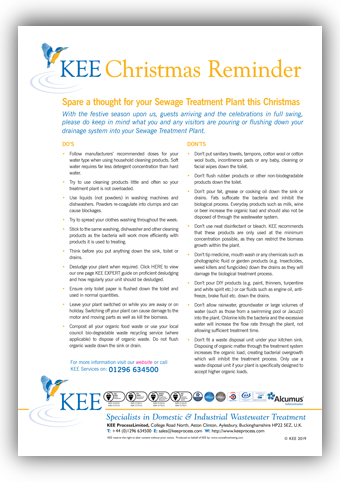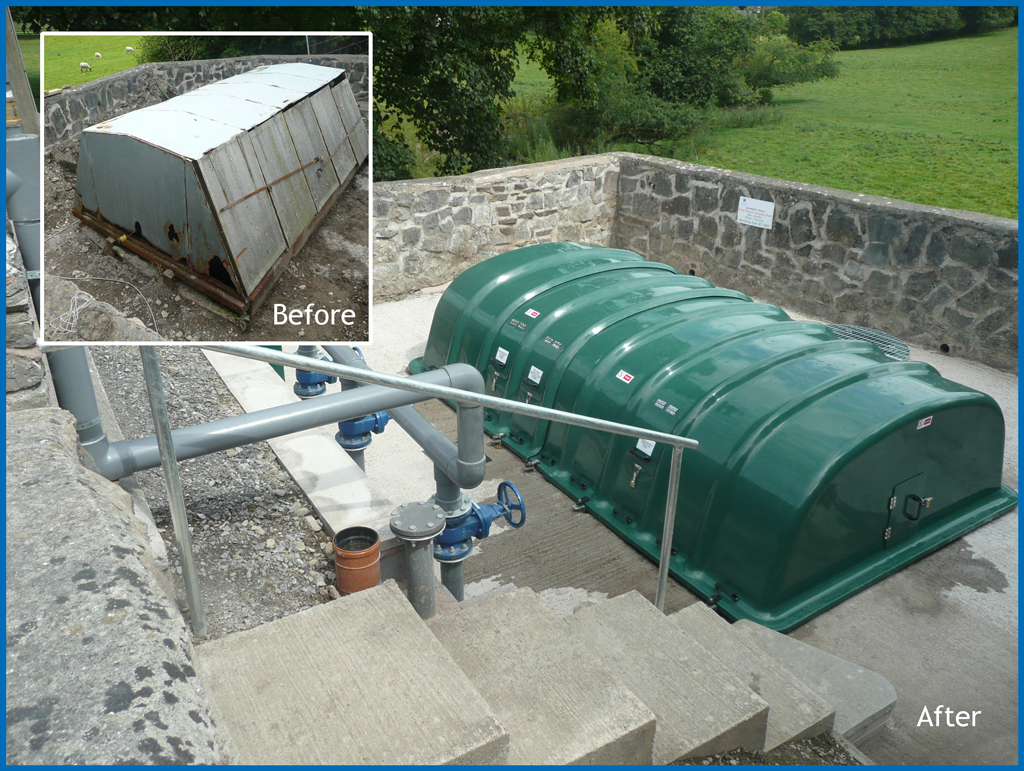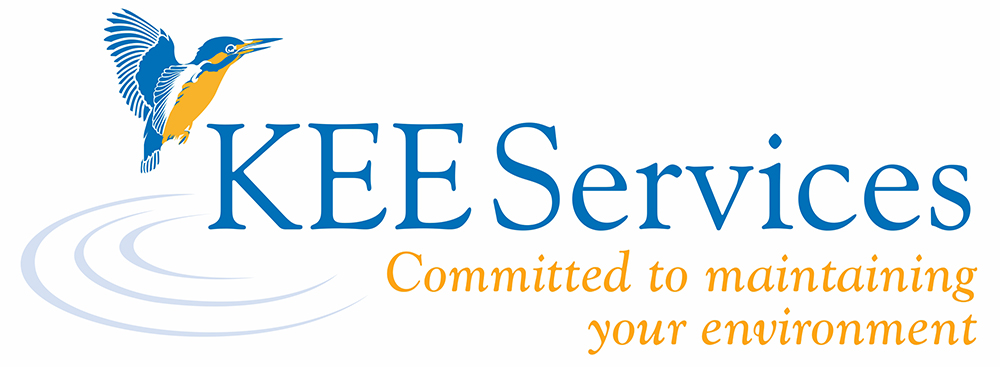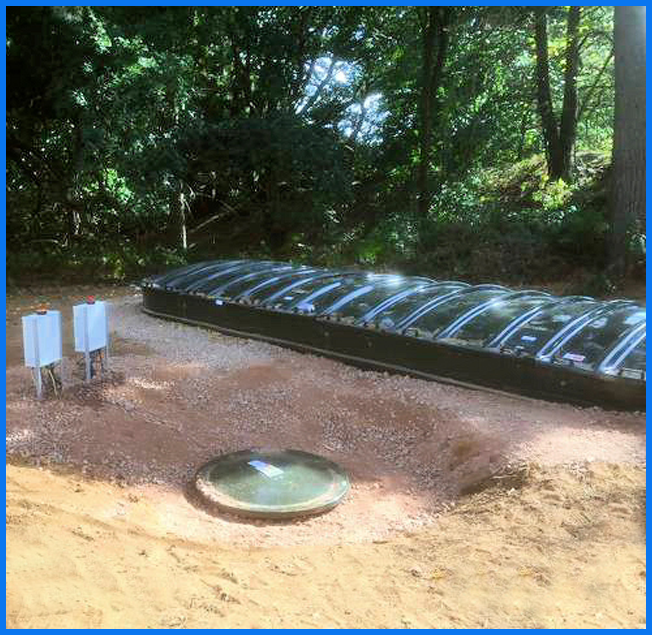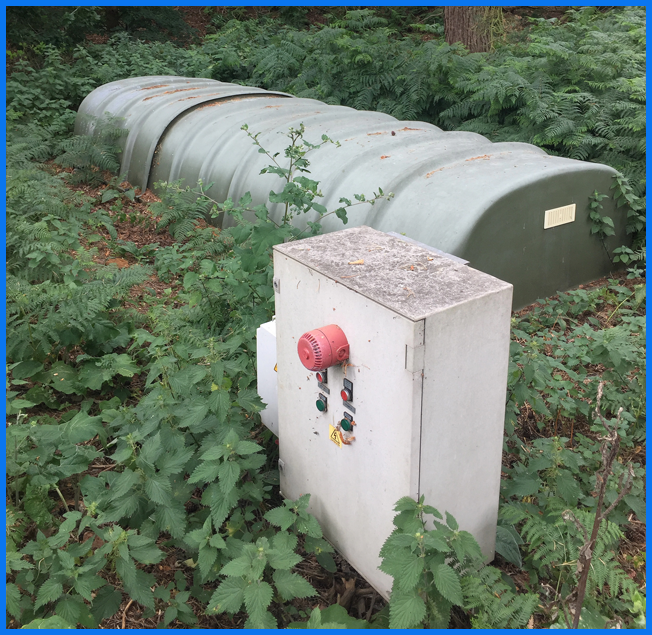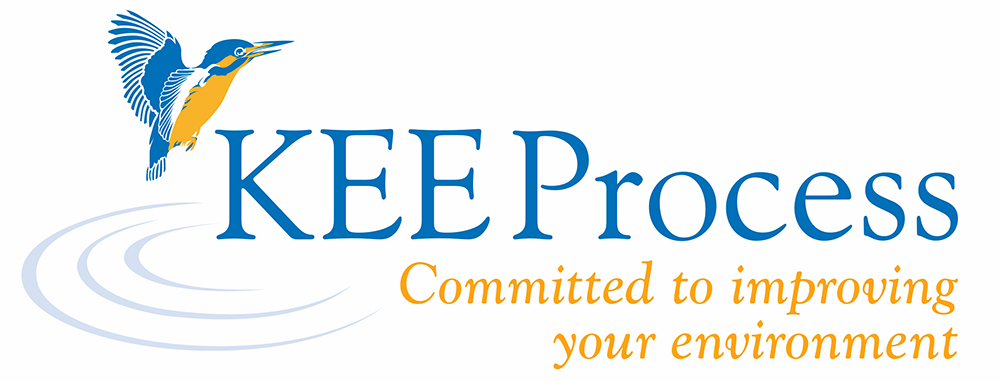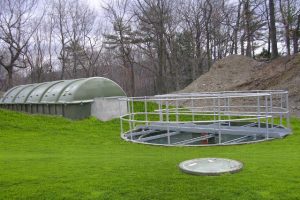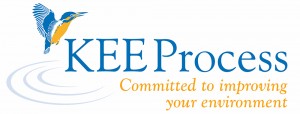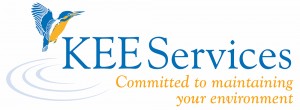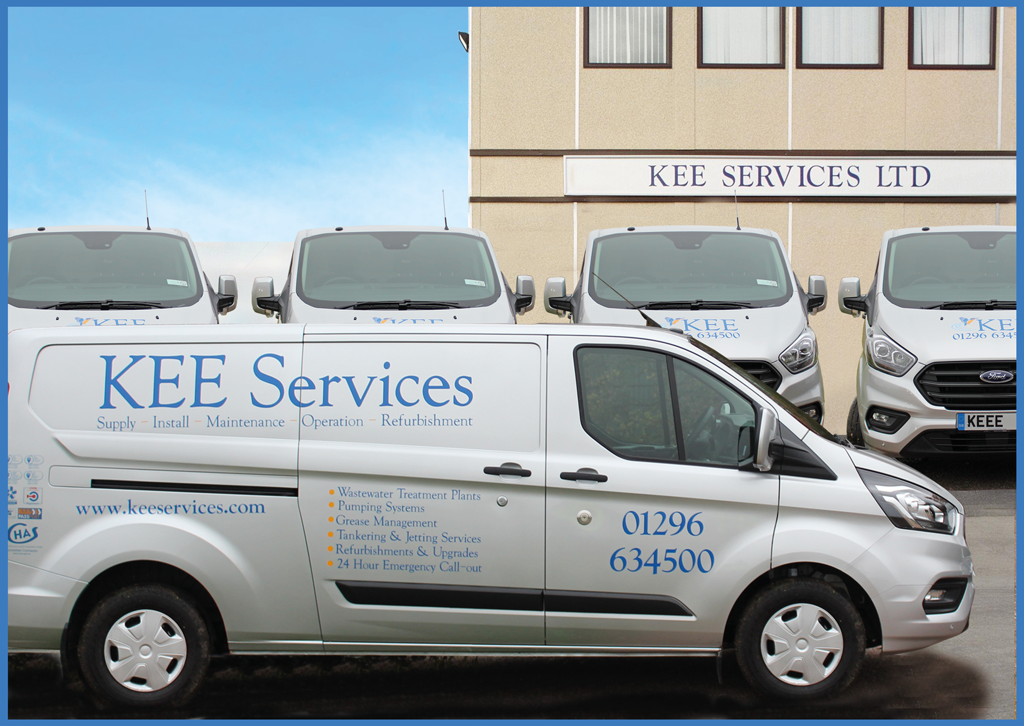

Spare a thought for your
Sewage Treatment Plant this Christmas
With the festive season upon us, guests arriving and the celebrations in full swing, please do keep in mind what you and any visitors are pouring or flushing down your drainage system into your Sewage Treatment Plant.
Do’s
- Follow manufacturers’ recommended doses for your water type when using household cleaning products. Soft water requires far less detergent concentration than hard water.
- Try to use cleaning products little and often so your treatment plant is not overloaded.
- Use liquids (not powders) in washing machines and dishwashers. Powders re-coagulate into clumps and can cause blockages.
- Try to spread your clothes washing throughout the week.
- Stick to the same washing, dishwasher and other cleaning products as the bacteria will work more efficiently with products it is used to treating.
- Think before you put anything down the sink, toilet or drains.
- Desludge your plant when required. Click HERE to view our one page KEE EXPERT guide on proficient desludging and how regularly your unit should be desludged.
- Ensure only toilet paper is flushed down the toilet and used in normal quantities.
- Leave your plant switched on while you are away or on holiday. Switching off your plant can cause damage to the motor and moving parts as well as kill the biomass.
- Compost all your organic food waste or use your local council bio-degradable waste recycling service (where applicable) to dispose of organic waste. Do not flush organic waste down the sink or drain.
Don’ts
- Don’t put sanitary towels, tampons, cotton wool or cotton wool buds, incontinence pads or any baby, cleaning or facial wipes down the toilet.
- Don’t flush rubber products or other non-biodegradable products down the toilet.
- Don’t pour fat, grease or cooking oil down the sink or drains. Fats suffocate the bacteria and inhibit the biological process. Everyday products such as milk, wine or beer increase the organic load and should also not be disposed of through the wastewater system.
- Don’t use neat disinfectant or bleach. KEE recommends that these products are only used at the minimum concentration possible, as they can restrict the biomass growth within the plant.
- Don’t tip medicine, mouth wash or any chemicals such as photographic fluid or garden products (e.g. Insecticides, weed killers and fungicides) down the drains as they will damage the biological treatment process.
- Don’t pour DIY products (e.g. paint, thinners, turpentine and white spirit etc.) or car fluids such as engine oil, anti-freeze, brake fluid etc. down the drains.
- Don’t allow rainwater, groundwater or large volumes of water (such as those from a swimming pool or Jacuzzi) into the plant. Chlorine kills the bacteria and the excessive water will increase the flow rate through the plant, not allowing sufficient treatment time.
- Don’t fit a waste disposal unit under your kitchen sink. Disposing of organic matter through the treatment system increases the organic load, creating bacterial overgrowth which will inhibit the treatment process. Only use a waste disposal unit if your plant is specifically designed to accept higher organic loads.
Click the image to download the leaflet.
For more information visit our website or call
KEE Services on:
01296 634500
